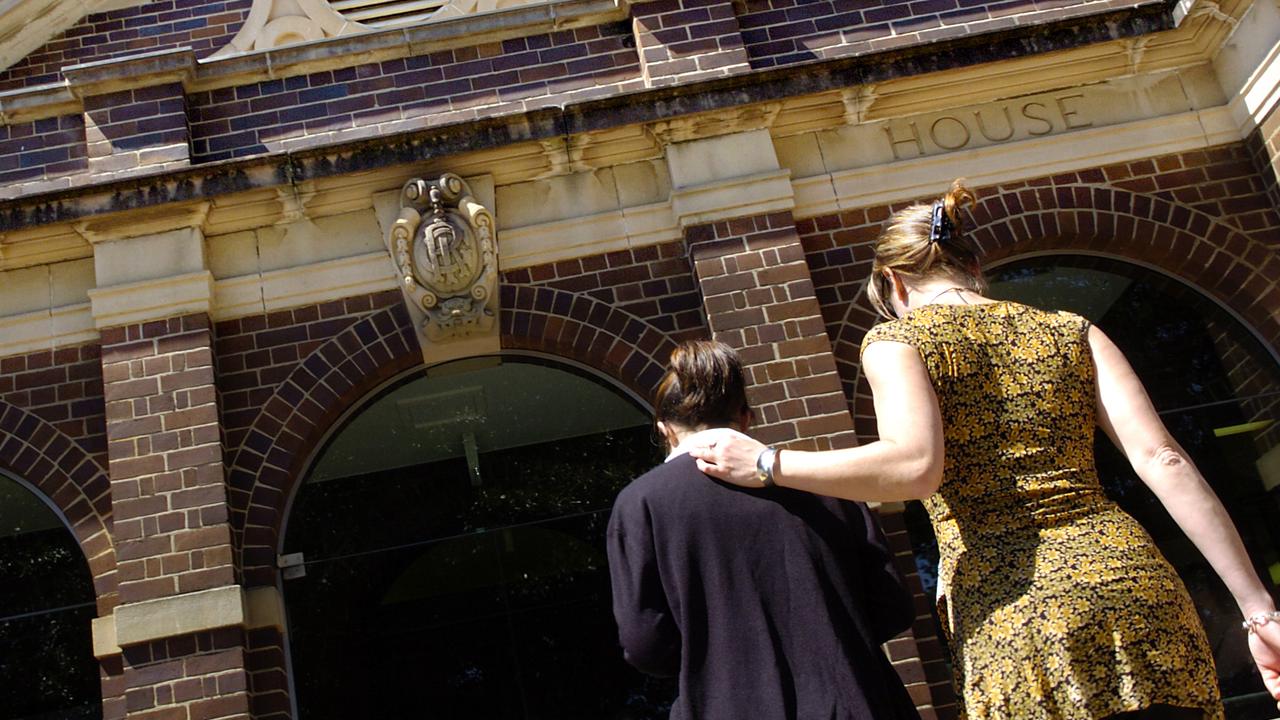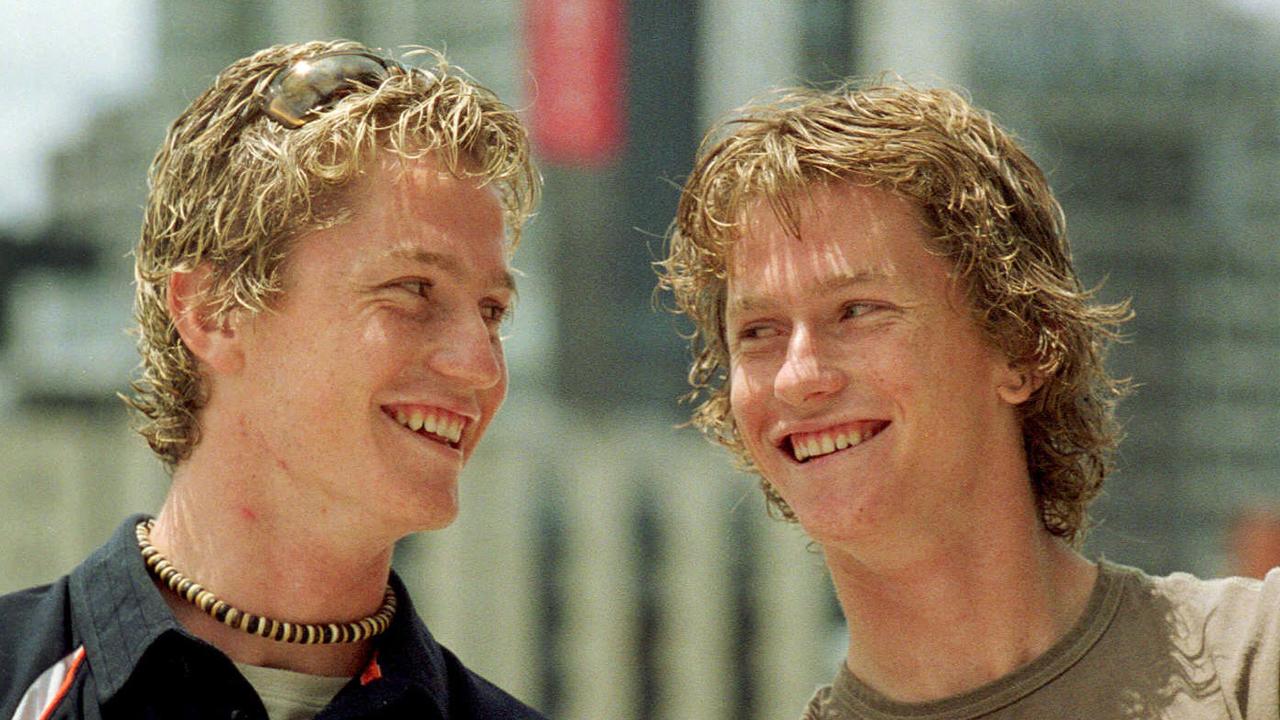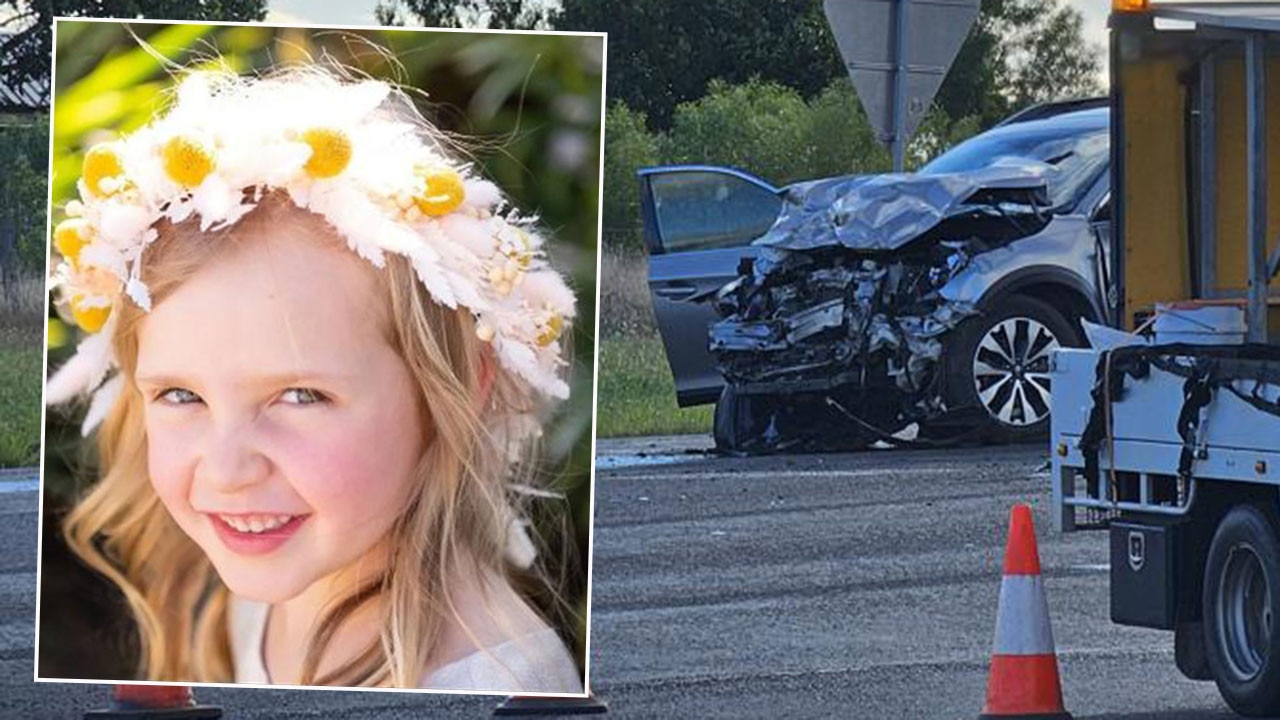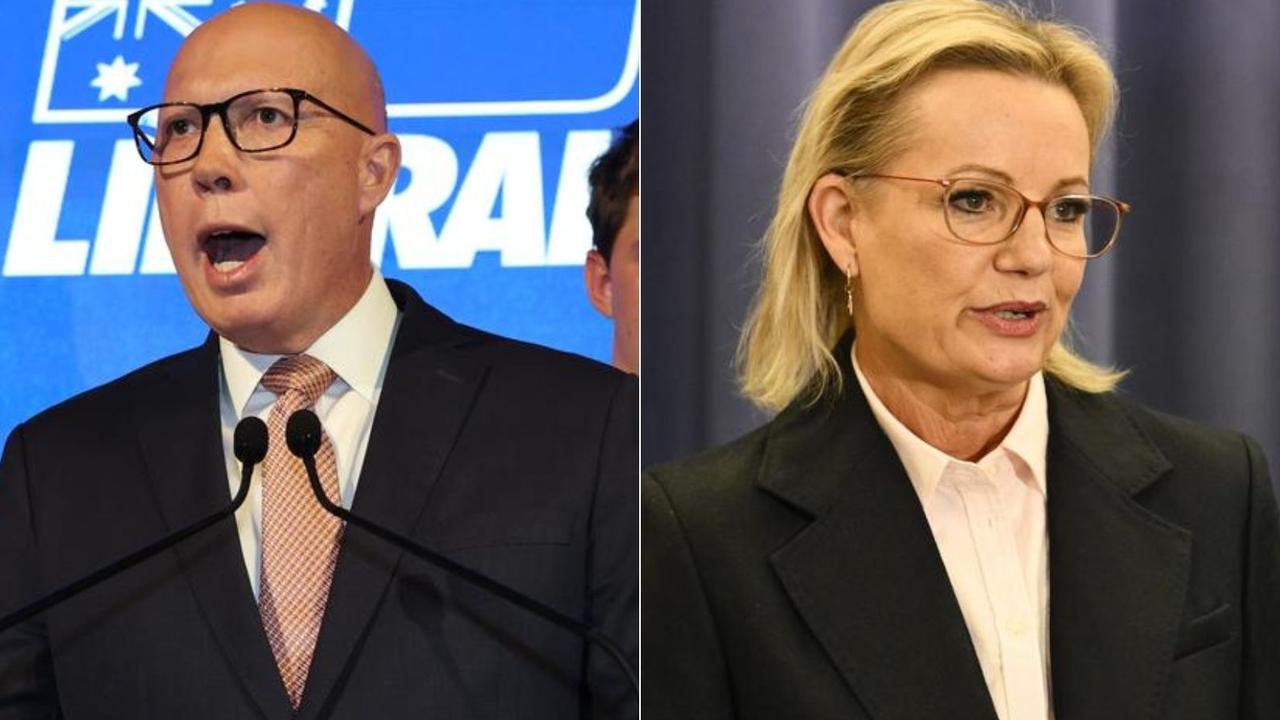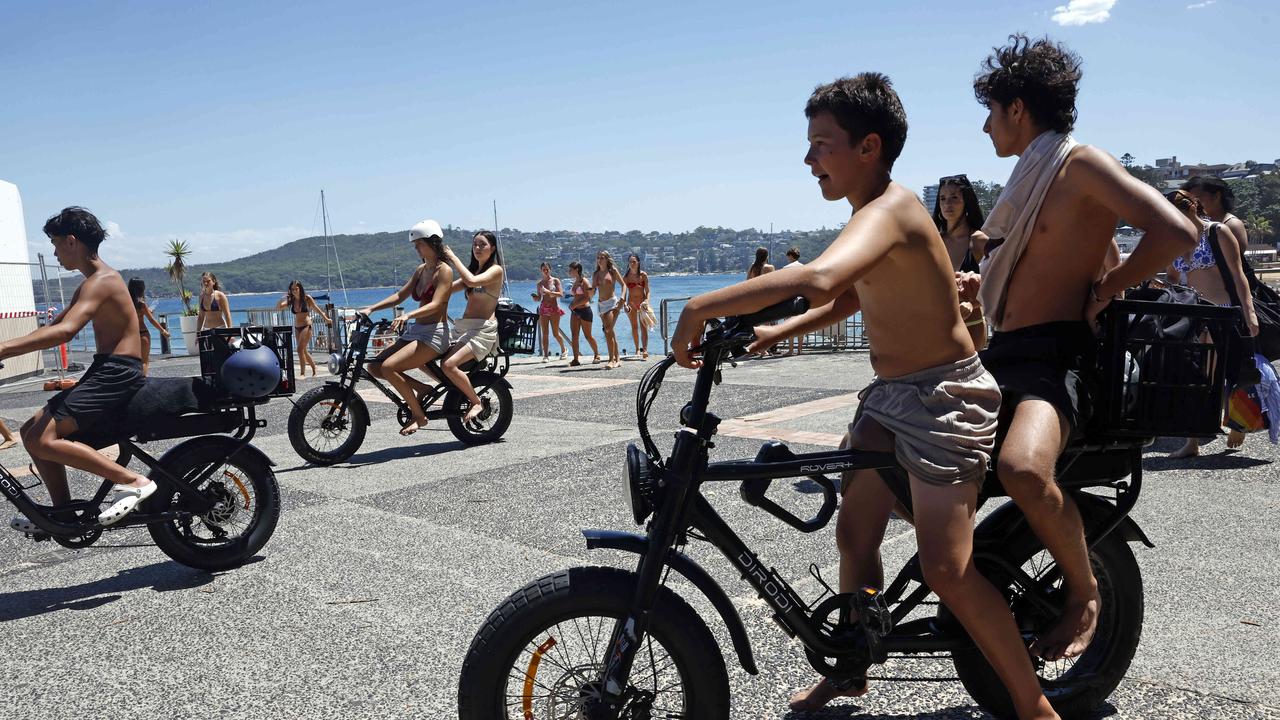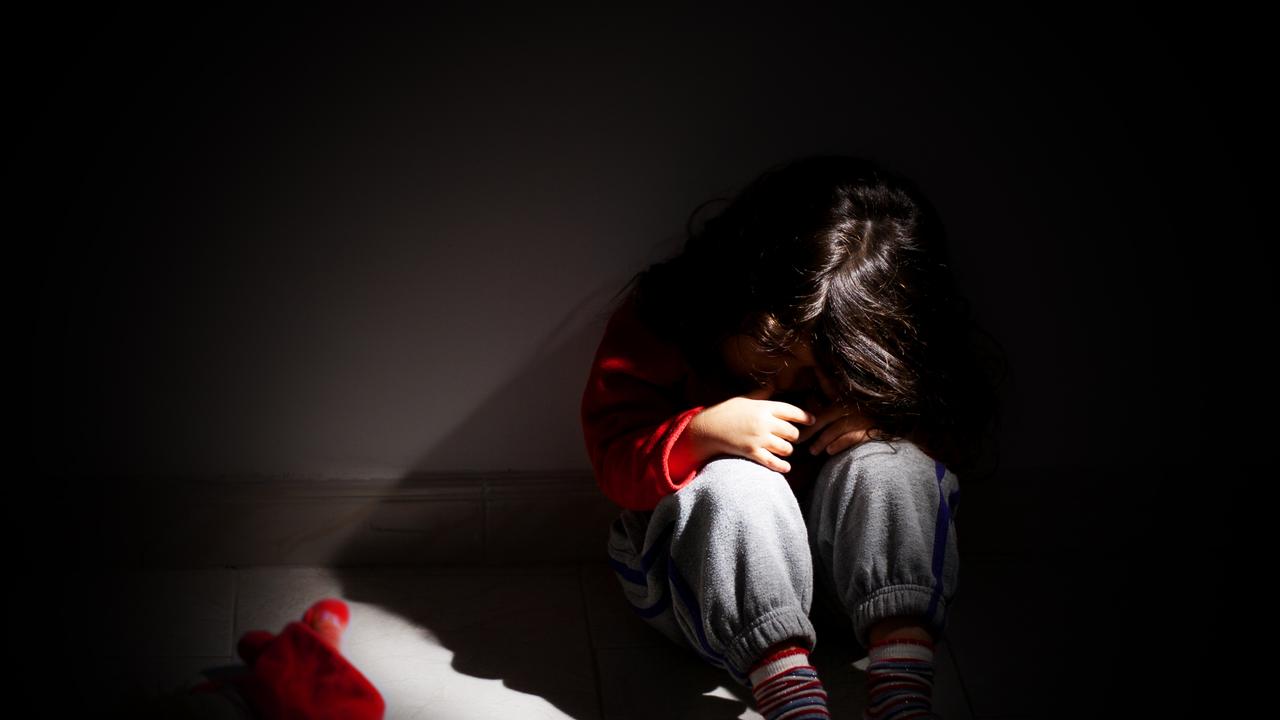You can understand why Coalition fans are having trouble processing reality
The Liberal Party is either extinct or in grave danger of extinction in all of the nation’s capital cities. There is one important thing it needs to do.
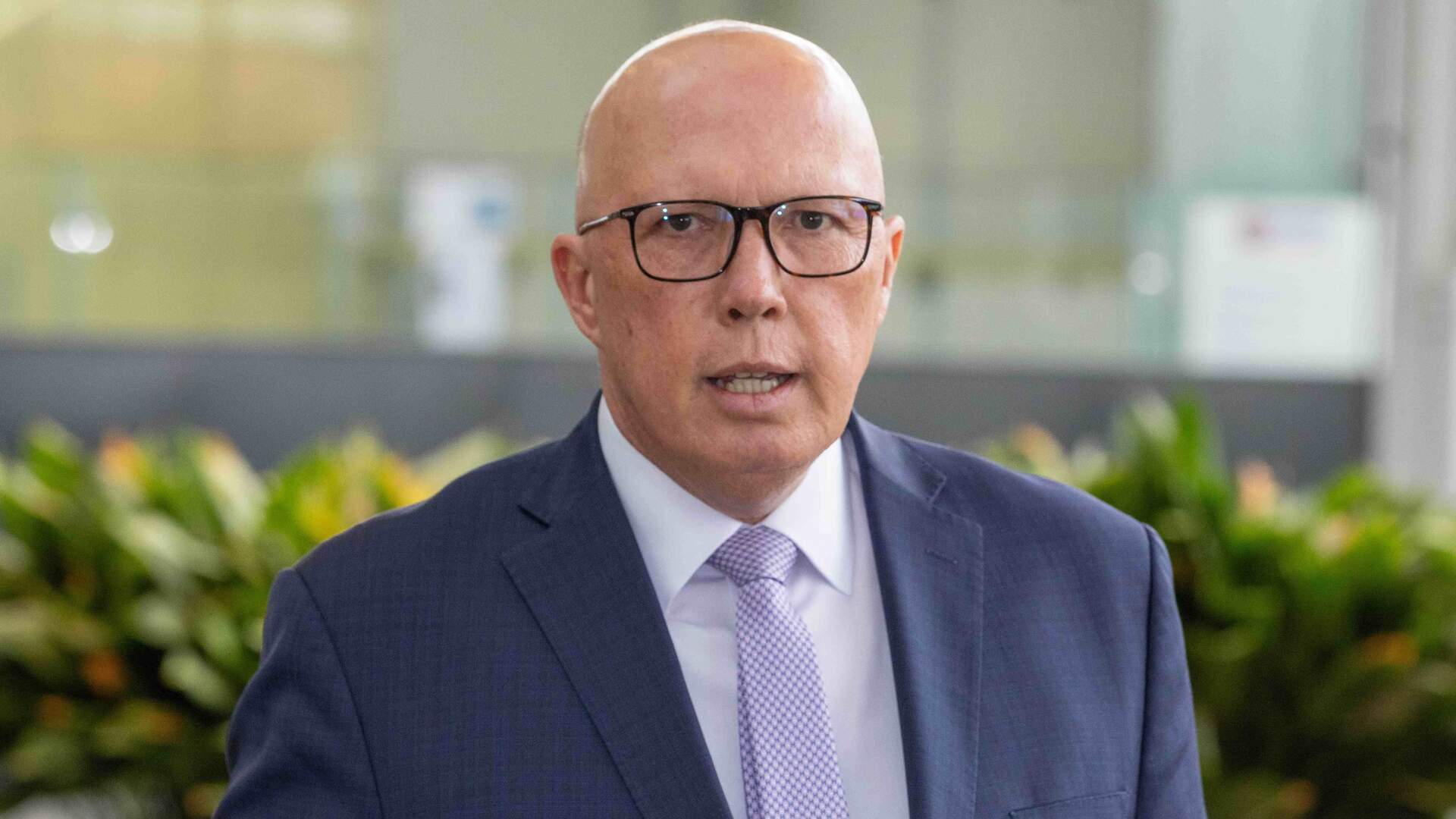
Opinion
Don't miss out on the headlines from Opinion. Followed categories will be added to My News.
After two weeks of a steady diet of articles on What Went Wrong For The Liberal Party you could be forgiven for wondering what there can be left to say.
If you have been following the debates closely, you will also have noticed that in these pieces the descriptions of the problems – poor communication, weak parliamentary team, outdated campaign infrastructure, failure to engage with anyone who can’t remember the arrival of colour television, etc – greatly outnumber the proposed solutions.
Indeed so big has the defeat been it’s even inspired its own form of political fantasy fiction in which commentators describe an alternative Australia in which the result is different because they don’t have preferential voting, as opposed to this Australia, where we do.
You can understand why Coalition fans are having trouble processing reality because, despite all the expert crowing that this disaster was years in the making, in fact this “new normal” has arrived almost overnight.
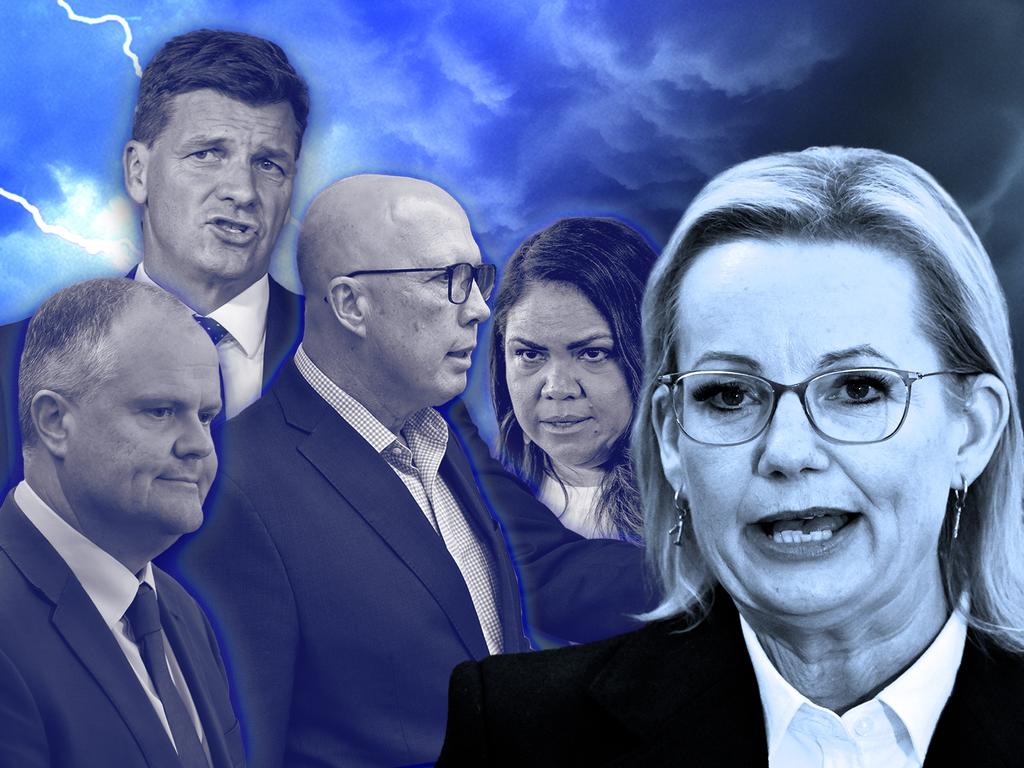
By which I mean, if you look at the Coalition’s primary vote across the past 30 years, what immediately strikes you is how unusual the past two elections have been.
Before 2022, when it crashed to 35.7 per cent, and this May, when it fell further to 31.9 per cent, the Liberal and National primary vote had always bounced around in the low to mid-40s.
In contrast, the slide in Labor’s primary vote has been going on for much longer.
Indeed, across the past three decades only twice – in 2001 and the Ruddslide of 2007 – has its primary risen above 40 per cent.
And for most of that time it has been falling reasonably steadily, right down to the nadir of 32.6 per cent it reached in 2022 before recovering a bit this month to 34.6 per cent.

In other words, going on primary votes until the public showed Scott Morrison the door, the Liberals could have been forgiven for assuming that, however bad their problems were, they were nothing compared to the existential crisis facing their opponents.
Now, of course, with the Liberal Party either extinct or in grave danger of extinction in all of the nation’s capital cities, the existential crisis is on the other foot.
Could things get worse?
Well, in politics these days, you should never say never.
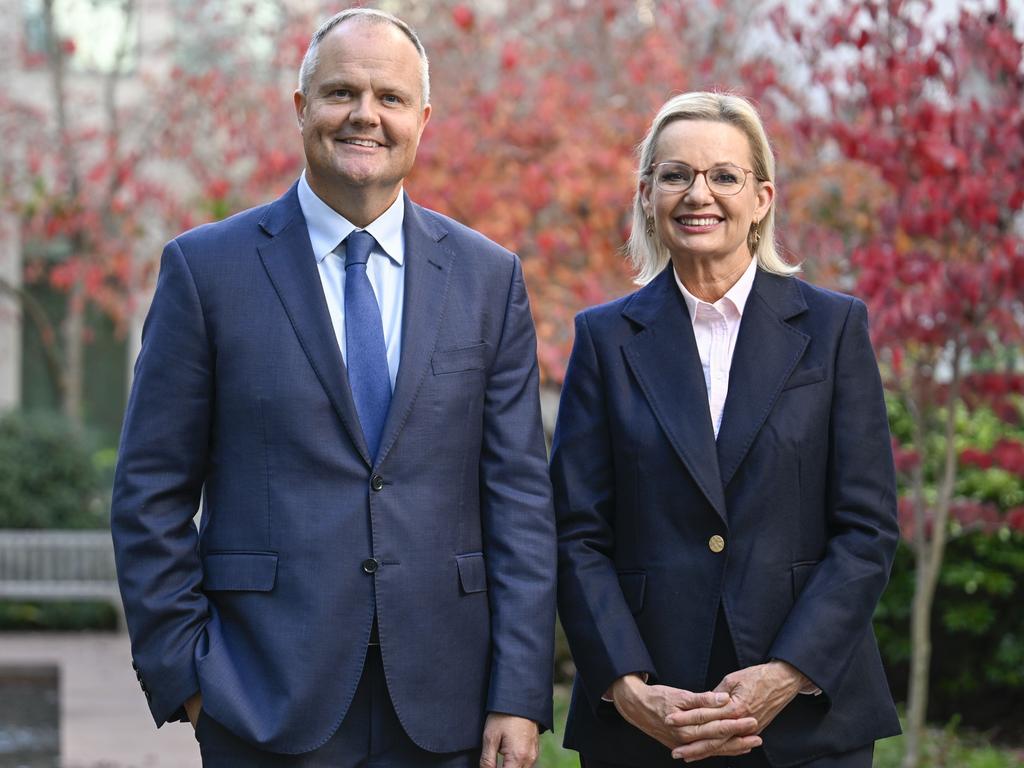
Until three years ago, most so-called experts would have said Labor could never win government with 32.6 per of the primary vote and the idea it could get 93 seats on 34.6 per cent would have been regarded as the stuff of science fiction.
So yeah, there’s no reason to believe things couldn’t get worse.
So what can the Libs do to turn things around?
Well if you assume the Coalition is unlikely to win the next election – and, let’s be honest, that is merely stating the obvious – the most important thing it needs to do is make sure it turns over as much as it can of the parliamentary party.
This is easier said than done of course – unlike the Labor Party, in which these matters can be sorted out over a Chinese meal – the Liberal Party has in recent years become addicted to respecting the opinions of its members.
Which is fine, except for the fact that, not only are most of them too old to drive at night, they are more likely than not to stick with the local member in a preselection no matter how past it that MP may be.
Luckily, thanks to Labor, a solution is at hand!
During the last parliament, senator Don Farrell asked the electoral matters committee to look into how things might be made fairer on the one-vote-one-value front, which most people assumed was designed to pave the way to expanding the parliamentary representation of the territories.
It was, but Farrell was also interested in drawing attention to the increasingly different sizes of the seats in the House of Representatives which, thanks to the rule that Tasmania can’t drop below five seats, means Longman in Queensland currently has 142,000 voters and Bass has 80,000.
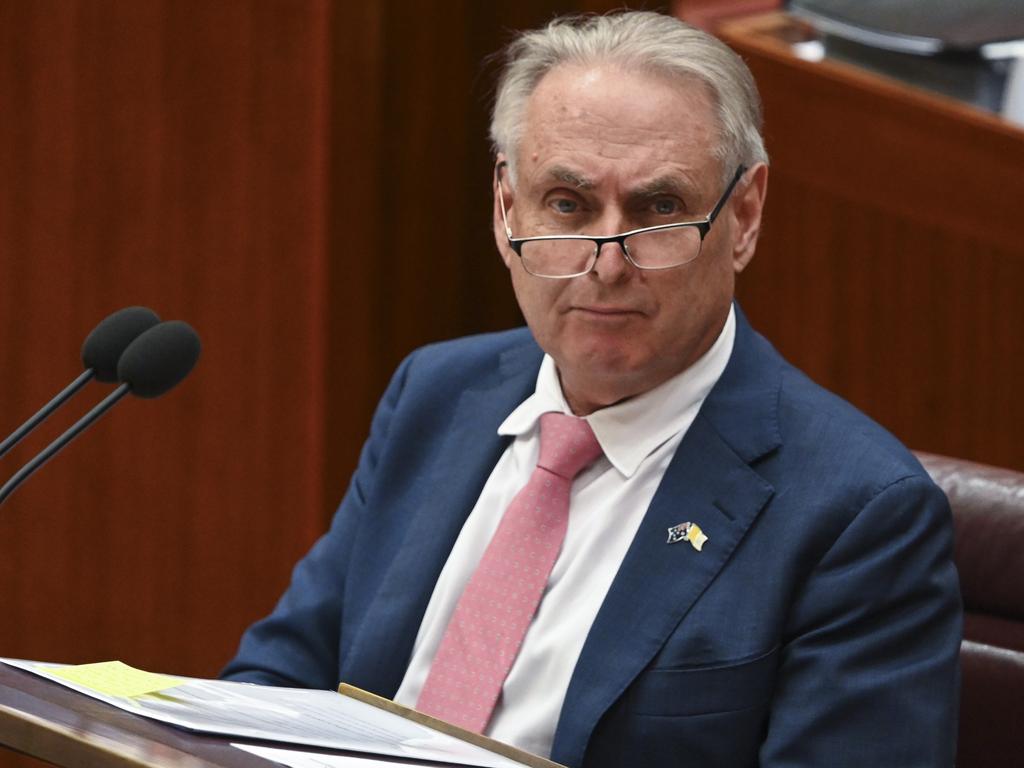
The only way to make that fairer is to increase the size of the parliament, which I suspect Labor intends to do now in this term.
There are plenty of reasons why this is a good idea, starting with the fact Australia’s population was 15.5 million in 1984 – the last time it was expanded – and is almost 28 million now.
The biggest one to me, however – aside from cutting the increasingly huge size of rural electorates – is that it would give a bigger pool of ministerial talent to choose from, the shrinking size of which has become a problem as the size of the crossbench has grown.
For the Coalition, growing the parliament would also give it a chance for a one-off injection of talent which, as things stand, would take it the better part of a decade to achieve.
Which is why, if they’ve got any brains, those in opposition will be quietly encouraging Albo to be radical and take the parliament to 250 or even more.
Originally published as You can understand why Coalition fans are having trouble processing reality



